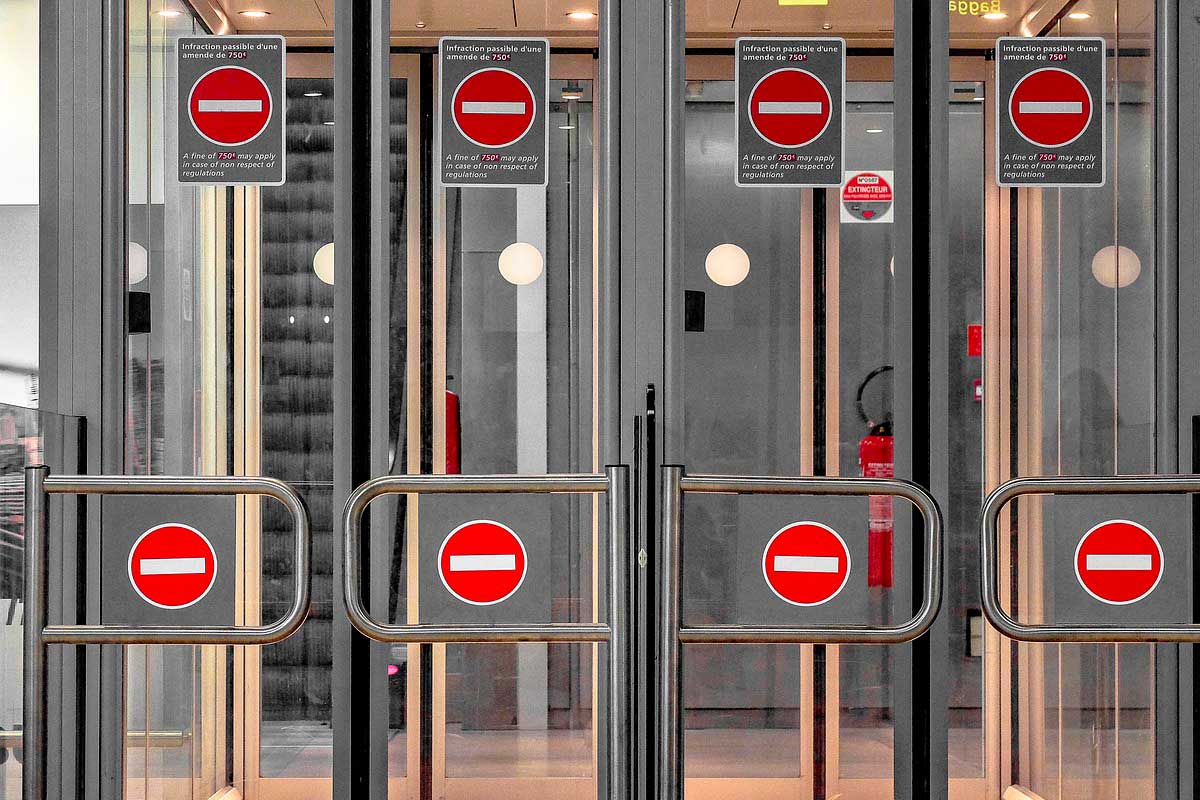




IThe security sector in Spain, and by extension, in many parts of the world, is at a crucial crossroads. Governed largely by public sector contracting Laws, where public administrations emerge as the primary client, a peculiar situation has unfolded. Private security companies, in essence, transform into pseudo temporary employment agencies. Upon winning a tender, these companies inherit the employees of the preceding entity, only to potentially pass them on to the next victor in this perpetual cycle. This model, deeply ingrained in Spain's private security framework, stifles innovation and the implementation of advanced methodologies, including essential technological advancements, due to the fear of deviating from stringent tender specifications.
Shift towards Intelligent Security
The narrative, however, is on the brink of a revolutionary shift, spearheaded by the concept of Intelligent Security. This transformative approach is predicated on the integration of technological prowess, particularly Artificial Intelligence (AI), into the very fabric of physical security processes. Furthermore, it advocates for a marked enhancement in quality training, transcending the basic requirements mandated by law for service provision. This evolution is not just about adhering to regulations; it's about redefining the essence of security itself.
Professionalism and limitations
In Spain, security personnel are lauded for their professionalism, a testament to their commitment and capability. Yet, this commendable attribute is overshadowed by an overarching limitation: the sector's reluctance, or perhaps incapacity, to harness technological innovations. This reluctance not only compromises the potential for delivering superior services but also jeopardizes the safety and efficacy of those tasked with this demanding and often underappreciated role.
Embracing technological and cultural shift
The dichotomy between Spain's current security practices and those of countries that have embraced Intelligent Security is stark. Nations leading in this domain recognize the indispensable value of technology in augmenting human expertise. AI is not just a tool; it's a partner in devising strategies, analyzing risks, and executing operations with precision and foresight previously deemed unattainable. This partnership between man and machine elevates the standard of security services, ensuring adaptability, resilience, and, most importantly, a safeguarding of human life and property against evolving threats.¡
To truly transition into the realm of Intelligent Security, a comprehensive overhaul is necessary. This involves not only a technological upgrade but a cultural shift within the industry. Embracing AI and other technological innovations means moving beyond the fear of the new and the unknown, to a recognition of their potential to revolutionize the sector. It requires an investment in continuous learning and development, ensuring that security personnel are not just operators but informed interpreters of technology.
Bidding processes and quality of service
In the quest for a more effective and efficient security paradigm, the regulations and requirements demanded in the bidding processes, and even the drafting of bidding documents, plays a crucial role. these processes must explicitly allow for service improvements based on definitive criteria such as objective efficiency ratios, a reduction in work absenteeism, and the users' perception of the service. This approach is not a loophole to secure additional funds beyond what is tendered. Instead, it is a belief rooted in the possibility of enhancing service quality while concurrently reducing costs—a scenario that paradoxically may also widen the profit margins of private security companies awarded contracts. This strategy underscores a commitment to excellence and efficiency that benefits all stakeholders involved.
Dignification of the role of the Security Guard
Moreover, the transformation towards Intelligent Security necessitates an essential component—the dignification of the Security Guard's role. This recognition involves not only strengthening their authority through legislation but also acknowledging the risks associated with their profession by offering them early retirement, national awards and mentions for extraordinary work as well as other signs of social recognition. Such measures are not just acts of appreciation but also a profound acknowledgment of the sacrifices made by these individuals. It's imperative to understand that technological advancements and procedural improvements, devoid of respect and acknowledgment for the human element, are meaningless. Demanding a paradigm shift without counting on those who will apply it does not make any sense.
Call to action
The integration of technology, the enhancement of procedural efficiencies, and the dignification of the Security Guard collectively signal a holistic approach to reforming the private security sector. This comprehensive model advocates for a balanced advancement where human dignity and technological innovation go hand in hand. It's a call to action for legislative bodies, security firms, and society at large to re-envision security services not merely as a contractual obligation but as a critical component of societal well-being, underpinned by respect, efficiency, and technological prowess.
As we move forward, this paradigm shift—characterized by intelligent technology integration, improved service provision, and the rightful acknowledgment of security personnel—embodies a future where security is not just a service but a hallmark of advanced, empathetic, and efficient societal protection. It's a future that respects and values the individuals on the front lines, recognizing their contribution through enhanced authority and the provision of dignified exit strategies from the profession. This vision for Intelligent Security is not just an aspiration but a necessary evolution in how we perceive and value the complex, vital work of securing our societies.
(Source: Aerovalue)
Air Canada has denied responsibility in a $20 million gold heist lawsuit against Brink's, a Miami-based transport and security services provider responsible for transporting 400.19 kg of gold from Switzerland to Toronto. The airline denies negligence and claims that Brink's Switzerland Ltd. did not request or pay for insurance and extra security for the cargo. The theft, one of Canada's largest in history, raised questions about the safety protocols of Air Canada's cargo operations.
(Source: GLOBAL NEWS. See it here)

Aena has awarded private security services for 46 airports and 2 heliports in its Spanish network for the next four years. The company used a competitive dialogue process to determine the most suitable service delivery model. The security services were awarded in various lots, resulting in an average economic improvement of 4.30%. Aena aims to maintain its leadership in global airport management by investing in technology and innovation, such as installing explosive detection equipment and modernizing security filters.
(Source: AENA. Read article here)
Aerovalue is committed to protecting your privacy. We want to assure you that when you visit our webpage, we do not collect any personal information about you without your consent. We respect your online privacy and adhere to strict data protection regulations. Rest assured that your browsing experience on our website is secure and anonymous. If you have any concerns or questions about your privacy while using our webpage, please do not hesitate to contact us. Your privacy is important to us, and we are here to address any inquiries you may have.
Thank you for visiting Aerovalue